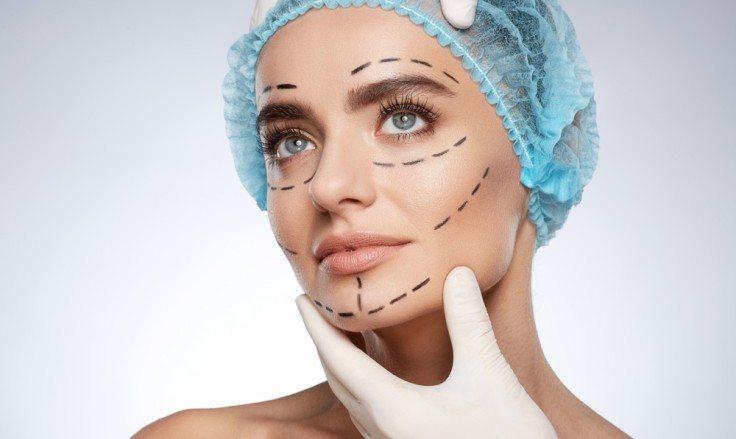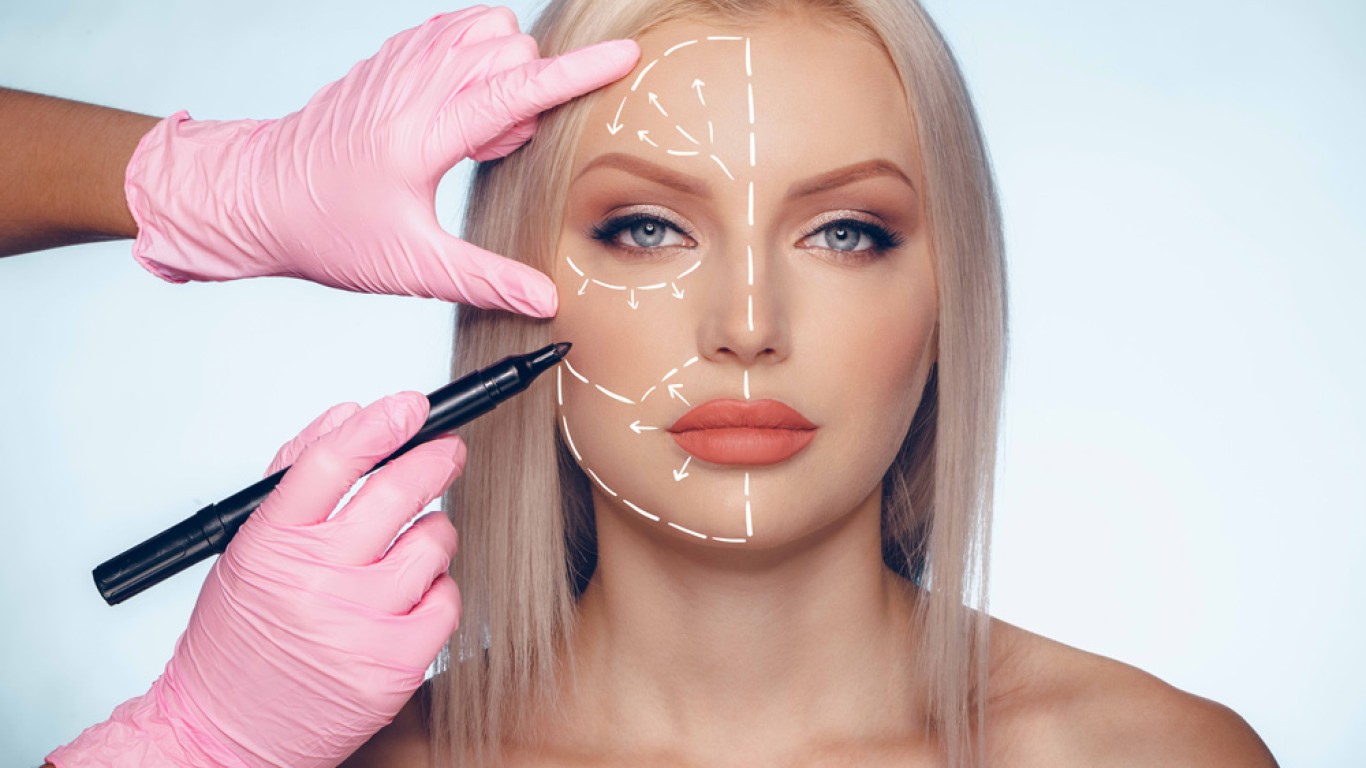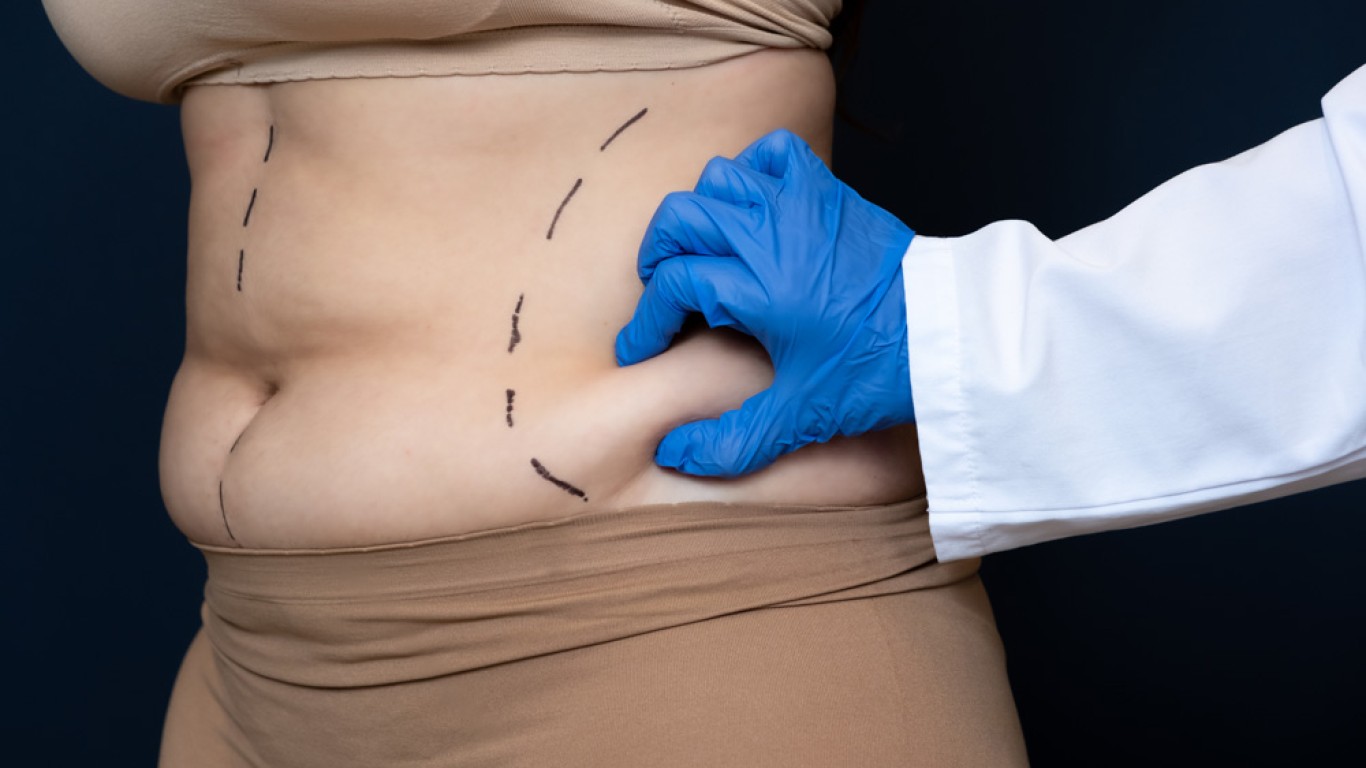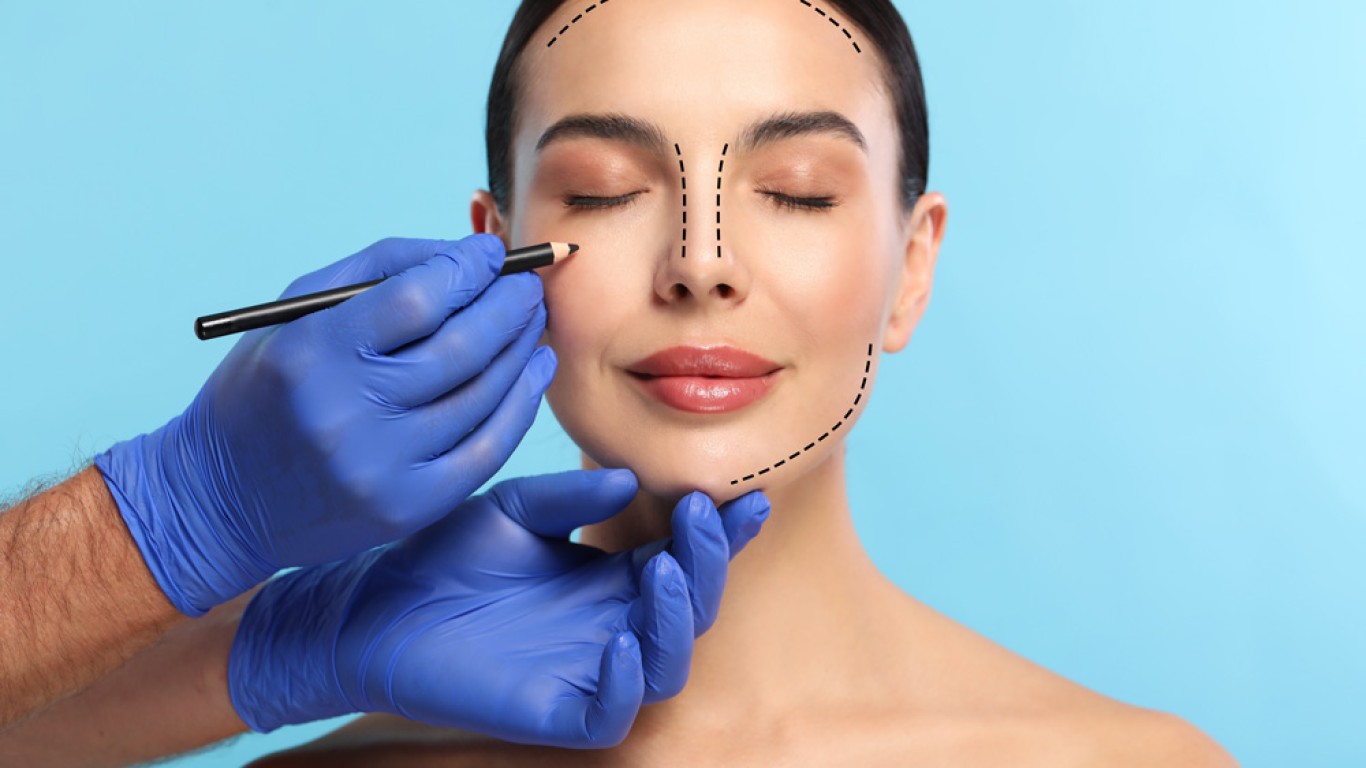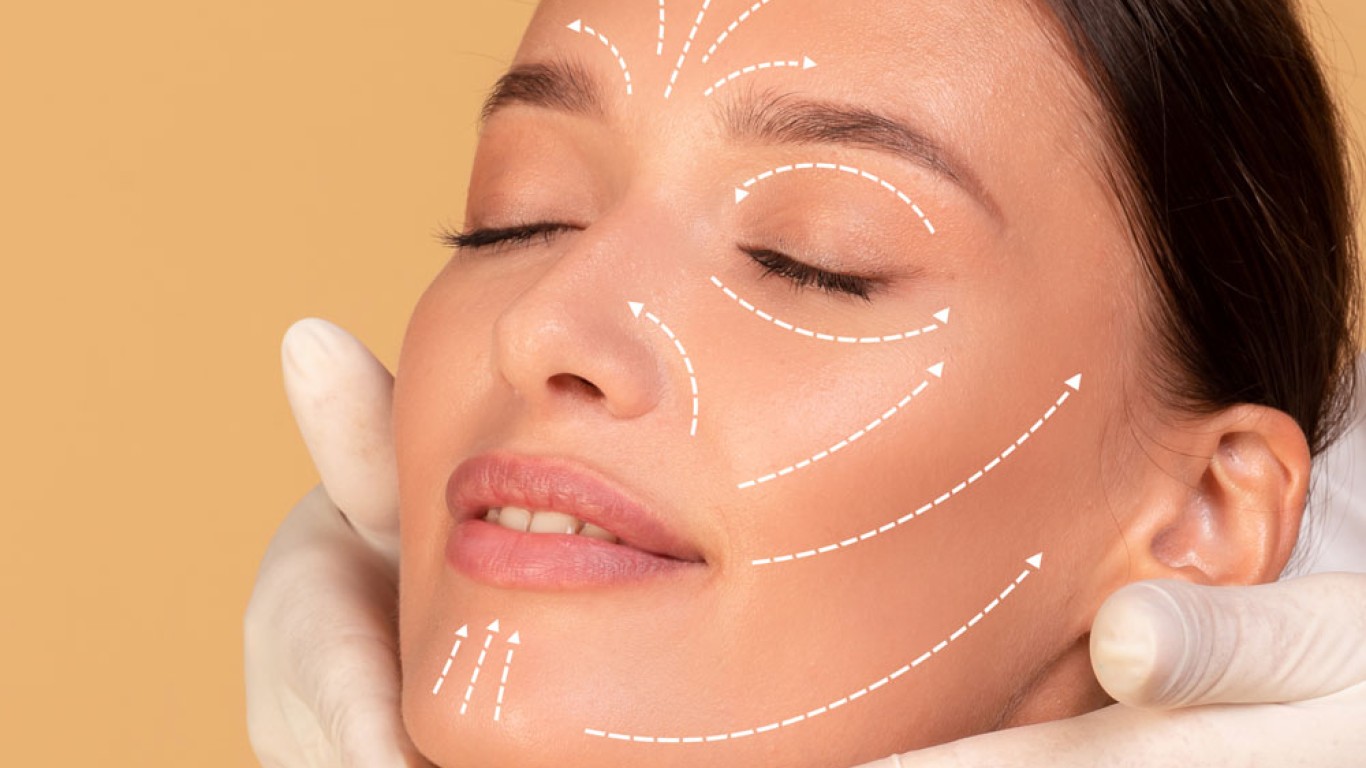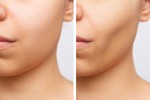Introduction
Cosmetic surgery can transform your appearance. However, scars often remain. Many patients search for scar reduction solutions after cosmetic surgery. In truth, proper care can make a big difference. With the right techniques, you can minimise scarring. This article explores practical tips and expert advice for scar reduction after cosmetic surgery.
Understanding Scarring
- Scarring is a natural response to surgery. The body repairs wounds with scar tissue.
- Typically, scars fade over time. Nevertheless, they may remain visible.
- In some cases, scars can be bothersome.
- Consequently, managing scar formation is essential.
- Additionally, early care can reduce scar size and improve appearance.
Pre-Operative Care
- Proper preparation begins before surgery. Firstly, discuss your concerns with your surgeon. They can advise on strategies to reduce scarring.
- Moreover, follow pre-operative instructions carefully. In particular, good skin care before surgery is vital.
For example:
- Avoid Smoking: Smoking impairs blood flow.
- Healthy Diet: Eat nutrient-rich foods.
- Hydration: Drink plenty of water.
- Also, your surgeon might suggest certain creams or supplements.
- Overall, these measures prepare your skin for healing.
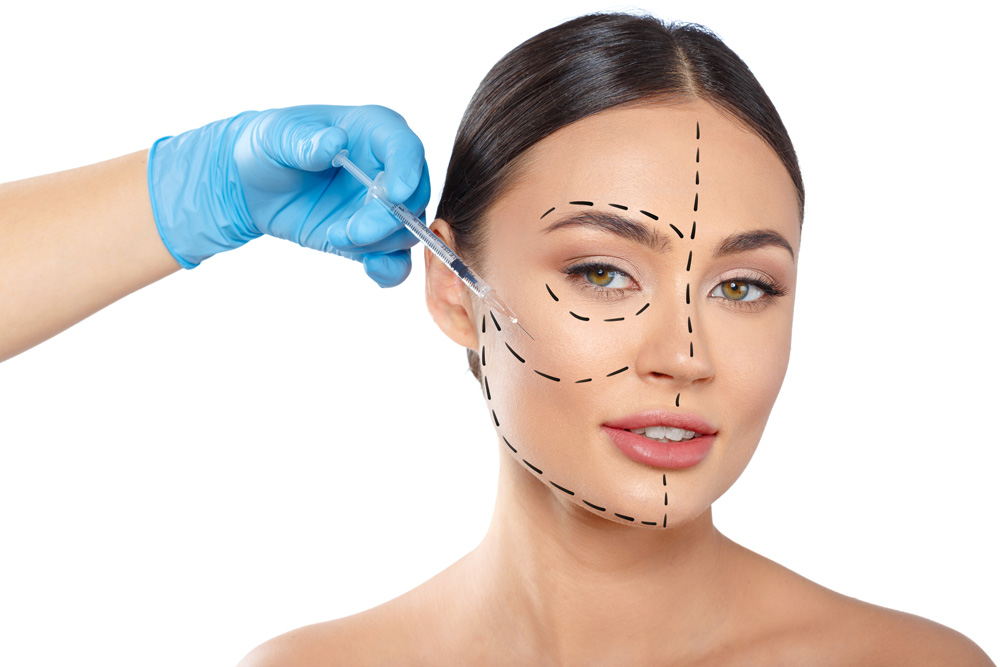
Intra-Operative Techniques
During surgery, surgeons use techniques to limit scarring. For instance, they may use:
- Minimally Invasive Methods: These reduce tissue damage.
- Precise Incision Placement: Incisions are made where scars are less visible.
- Advanced Suturing Techniques: Fine sutures promote better healing.
Notably, these techniques help in scar reduction after cosmetic surgery. Furthermore, a skilled surgeon can make a significant difference in the outcome.
Post-Operative Care
After surgery, following proper care is critical. Initially, protect the surgical site. Here are some tips:
- Keep the Area Clean: Use gentle cleansers.
- Moisturise Regularly: Apply recommended ointments.
- Follow Medication Guidelines: Use prescribed medications.
- Avoid Excessive Sun Exposure: Wear sunscreen and protective clothing.
- Do Not Pick at Scars: This prevents further damage.
- Avoid strenuous activities that stress your skin. Likewise, adhere to follow-up appointments with your doctor.
These practices support scar reduction after cosmetic surgery. In short, proper post-operative care is as crucial as pre-operative preparation.
Additional Techniques for Scar Reduction
Beyond standard care, several treatments may help minimise scars. For example:
- Silicone Gel Sheets: They help flatten and fade scars.
- Laser Therapy: This treatment reduces scar tissue.
- Microneedling: It stimulates collagen production.
- Steroid Injections: These can soften raised scars.
- Furthermore, some patients use natural remedies. For instance, vitamin E and aloe vera are popular.
- However, always consult your doctor before trying new treatments.
In essence, these additional techniques can enhance the results of scar reduction after cosmetic surgery.
Lifestyle and Long-Term Care
Your lifestyle also affects scar healing.
- Firstly, maintain a healthy diet rich in vitamins and minerals.
- Secondly, regular exercise improves circulation and skin repair.
- Equally, stress management is important. Practices like meditation and yoga can help.
- Moreover, avoid habits that hinder healing, such as smoking.
- In summary, long-term care is essential for maintaining the benefits of early interventions.
Monitoring Your Progress
- Regular monitoring is key to successful scar management.
- Attend all scheduled follow-up appointments. During these visits, your doctor can assess scar healing. They may adjust your care plan as needed.
- In addition, early intervention in case of complications is crucial.
- Ultimately, regular monitoring ensures that scar reduction strategies are working effectively.
Conclusion
To summarise, scar reduction after cosmetic surgery requires a comprehensive approach. Initially, proper pre-operative care and a healthy lifestyle set the stage for effective healing. During surgery, advanced techniques can minimise tissue damage. Following the procedure, diligent post-operative care, including cleaning, moisturising, and sun protection, is essential. Ultimately, regular monitoring and long-term care help maintain the best possible results.
For more information and to book a consultation visit the ACIBADEM Beauty Center website.
Frequently Asked Questions
Scarring is a natural part of the body’s healing process after tissue is cut or damaged.
Yes, by following your surgeon's pre-operative guidelines and maintaining a healthy lifestyle.
Silicone gel sheets, laser therapy, microneedling, and steroid injections can all help.
It is critical; proper cleaning, moisturising, and sun protection significantly affect scar appearance.
Improvements can be seen gradually, with optimal results often visible after several months.
